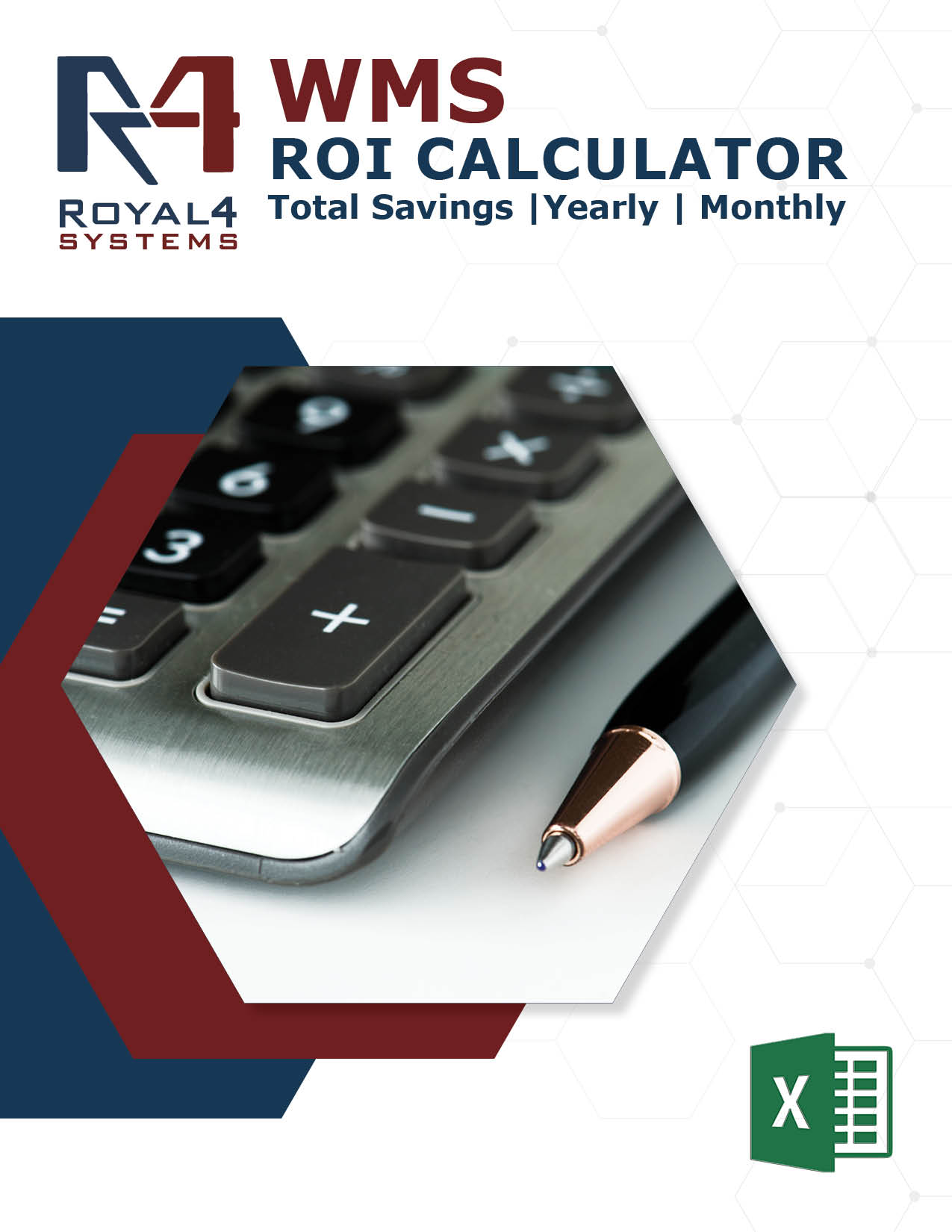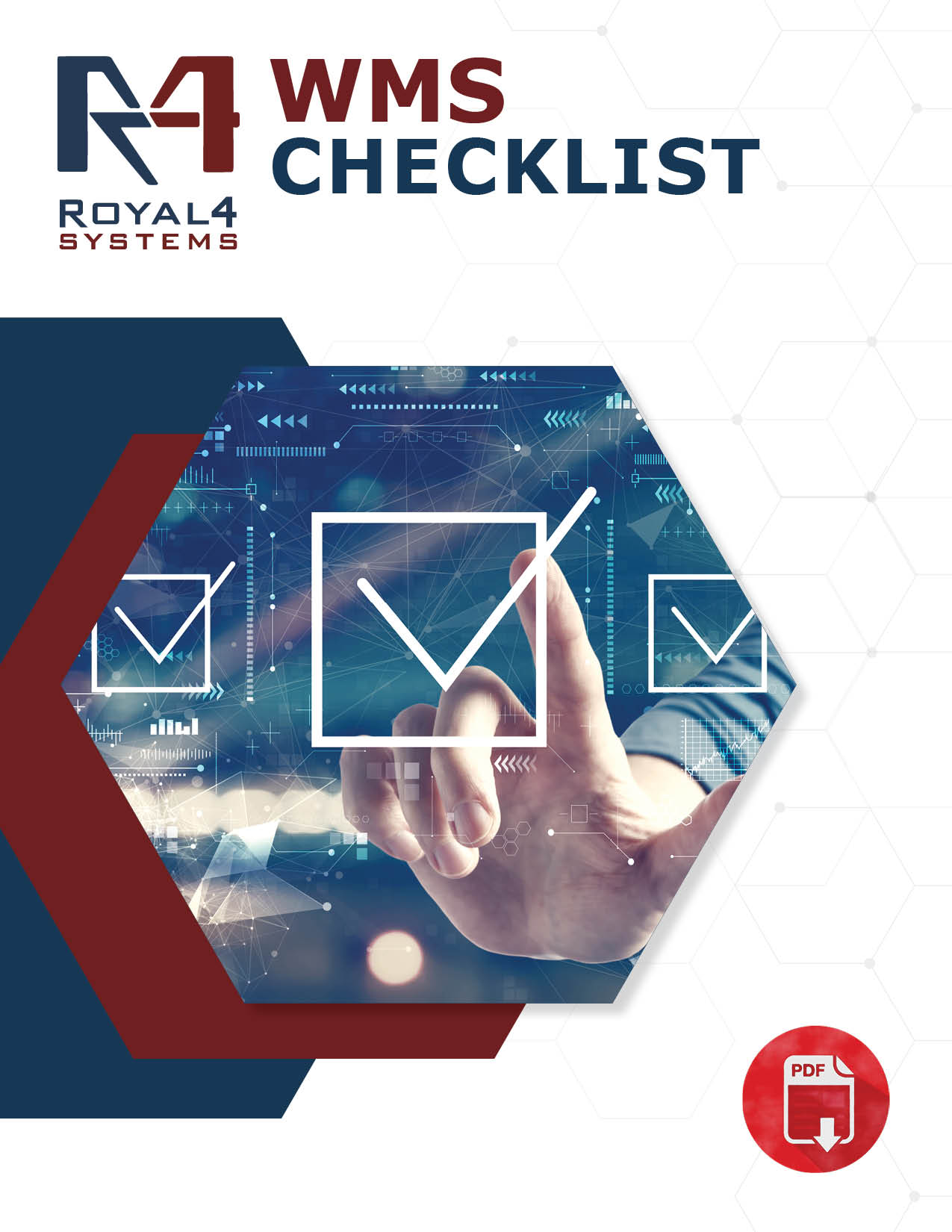
Are you tired of manual processes and inefficiencies in your business operations? An ERP system may be the solution you need. Discover the top five ways an ERP system can streamline your business operations, from improving productivity to enhancing data accuracy.
Centralize Your Data and Processes.
One of the most significant benefits of implementing an ERP system is the ability to centralize your data and processes. With all your business information in one place, you can easily access and analyze data to make informed decisions. The system also eliminates the need for multiple systems and manual data entry, reducing the risk of errors and saving time. Plus, having a centralized system allows for better collaboration and communication across departments, improving overall efficiency.
Automate Your Workflows.
One of the key ways an ERP system can streamline your business operations is by automating your workflows. This means that repetitive tasks, such as data entry, can be automated, freeing time for your employees to focus on more critical tasks. With an ERP system, you can set up workflows that automatically trigger actions based on specific events, such as sending an email notification when an order is shipped. This saves time, reduces the risk of errors, and ensures consistency in your processes.
Improve Collaboration and Communication.
Another way an ERP system can streamline your business operations is by improving department collaboration and communication. With all your data stored in one central location, employees from different departments can easily access the information they need to do their jobs. This improvement eliminates the need for manual data sharing and reduces the risk of errors. Additionally, an ERP system can provide real-time updates on inventory levels, production schedules, and customer orders, allowing different departments to work together more efficiently and effectively.
Enhance Your Reporting and Analytics.
An ERP system can also enhance your reporting and analytics capabilities. With all your data stored in one place, you can easily generate reports and analyze trends across your business. The system can help you identify areas for improvement, make data-driven decisions, and track your progress over time. Additionally, an ERP system can provide real-time data on key performance indicators (KPIs), allowing you to monitor your business’s performance and adjust as needed. An ERP system can help you gain valuable insights into your business operations and make more informed decisions.
Increase Your Efficiency and Productivity.
One of the most significant benefits of implementing an ERP system is the increase in efficiency and productivity it can bring to your business operations. By automating manual processes and integrating all your business functions into one system, you can eliminate the need for duplicate data entry and reduce the risk of errors. This process can save your employees time and allow them to focus on more strategic tasks, ultimately increasing productivity. Additionally, an ERP system can provide real-time visibility into your business operations, allowing you to identify and address any bottlenecks or inefficiencies quickly.
Request a Demo
Need more information?
Solutions






![image001[25]](https://www.royal4.com/wp-content/uploads/2023/11/image00125.png)